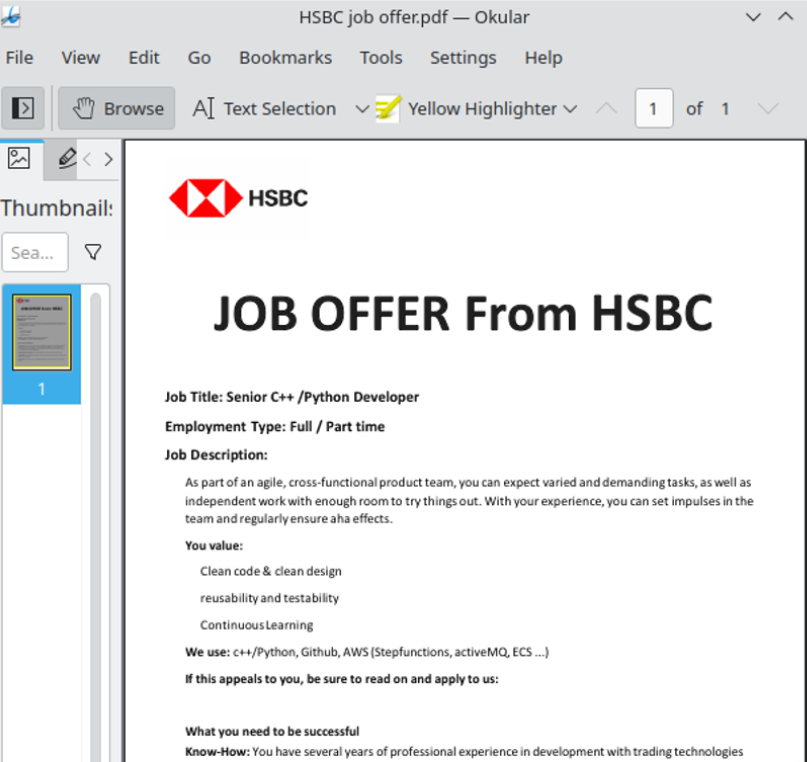Many Public Salesforce Sites are Leaking Private Data

Credit to Author: BrianKrebs| Date: Fri, 28 Apr 2023 02:09:56 +0000
A shocking number of organizations — including banks and healthcare providers — are leaking private and sensitive information from their public Salesforce Community websites, KrebsOnSecurity has learned. The data exposures all stem from a misconfiguration in Salesforce Community that allows an unauthenticated user to access records that should only be available after logging in.
Read more





